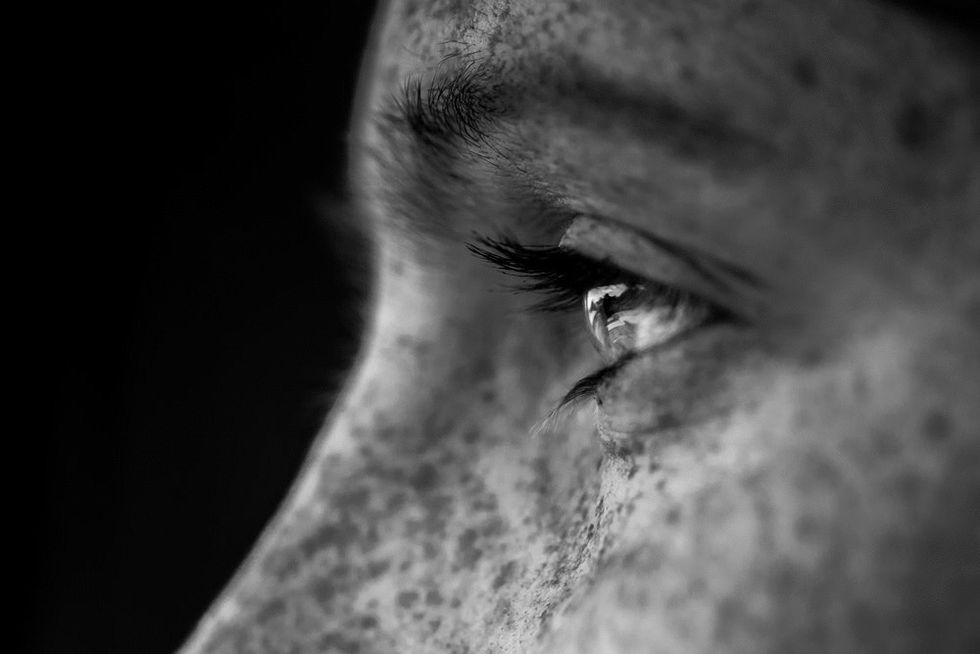Placebo: a substance or procedure that reinforces a psychological benefit.
Most of you know the Placebo Effect as a tactic researchers utilize to observe the effects a new drug demonstrates. It has also been molded into an experiment that displays how much your personal beliefs can shape your psychological being. For example, if you give a pill to two patients, inform them that it's purpose is to relieve pain, both patients will feel better- even though only one patient received authentic pain medication.
Placebos can be stitched into our daily routines. At times, it can be used as a coping mechanism. Coping mechanisms are implemented to adapt and conquer certain circumstances we cannot (or will not) control. Though some therapeutic strategies are proven constructive, there are those that linger with rather destructive tendencies.
Denial is the refusal of accepting proven factual evidence of something that is or already has occurred to oneself or others. There is a conscious denial (meaning that you are aware) and an unconscious denial.
Conscious denial is known as suppression. It is when we knowingly decide to cease thinking about something whether it be something small like blowing a job interview or matters more significant like sexual assault. This coping mechanism can be both helpful and detrimental: helpful in the sense that it soothes one's anxiety and detrimental as in cutting off any chance one has at healing wounds.
Unconscious denial can be referred to as repression. Repression is the psychological act of unknowingly blocking unpleasant, anxiety-provoking thoughts from one's conscious mind. This is especially commonly sparks during childhood. For example, a child may be beaten, but years later, they won't remember. However, they will still flinch at any sudden movements.
Aside from denial, rationalization is also a popular positive and negative coping mechanism. Rationalization is when we give ourselves invalid reassurances to alleviate our anxiety. It recognizes the issue while minimizing it. For example, if we cannot obtain something (or someone), we convince ourselves that we never needed it in the first place. In more immediate situations like severing a limb, we could try telling ourselves that it is merely a scratch. Of course, this is false, but it eases the minds of the wounded.
Still wondering how all of this correlates to the Placebo Effect? The bottom line is that we are an accumulation of what we tell ourselves. Whether what we say is true is debatable, but researchers cannot deny that this has worked in the past.
So I leave you with a question: is all of this pain and trauma, conscious or not, natural or is it depended on the strength of our beliefs?















